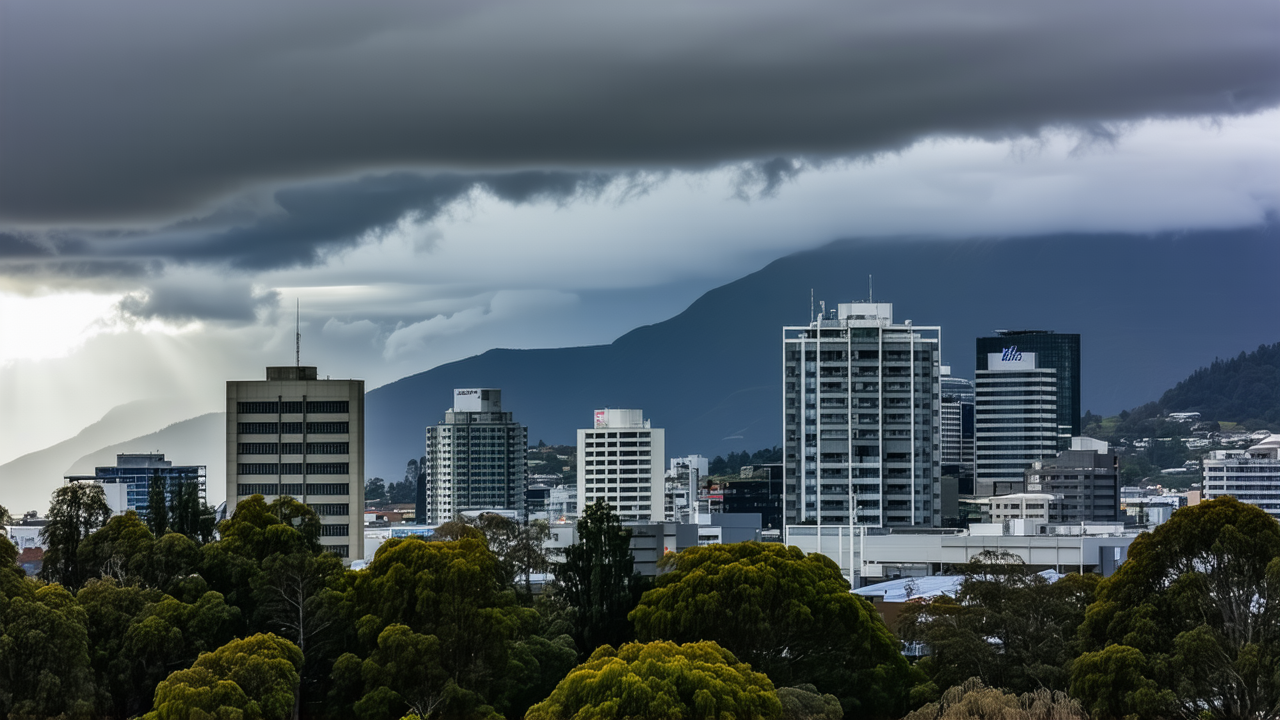Brought to Its Knees: Why New Zealand Can't Shake the Recession
Brought to Its Knees: Why New Zealand Can't Shake the Recession
New Zealanders were once told to "survive until '25" for the economy to show signs of recovery. But now, a major bank economist is suggesting that real improvement might not come until 2026. Kiwibank's latest Annual Regional Note reveals small improvements across the country but highlights the overall weakness of the economy. The national average score has risen slightly from three out of 10 to four, with Southland and Otago leading the way at five. Otago's score was boosted by a recovery in international tourism and improved employment rates. However, other regions like Northland, Taranaki, and Gisborne have seen declines.
Taranaki experienced the largest drop in employment, with an 8 percent decline, while Northland reported a double-digit drop in building consents. Retail sales in most regions remain below their decade-long averages, as weak household confidence continues to suppress consumption. In Wellington, the steepest annual decline was recorded at -3.3 percent, though some regions like Waikato, Northland, and the Bay of Plenty showed slight improvements compared to the previous year.
"Wellington is just more pessimistic," said Kiwibank chief economist Jarrod Kerr. "It's gone through a lot in recent years. You can see it in their activity, you can see it in the housing market. You can see it in the economy. The city has been brought to its knees and it's been struggling to shake the pessimistic vibe."
Kerr noted that while some regions are improving, the overall outlook remains bleak. "We're really crawling out of this recession rather than regaining our footing and looking to grow from here. We're still struggling across the entire country."
The report suggests that the rate cuts implemented so far have not been sufficient to revive the economy. Kiwibank customers had previously expressed a need to hold on until this year, and while conditions have slightly improved, the progress is minimal. Kerr also pointed out that New Zealand's economy is performing worse than Australia's, despite Australia's own challenges. He attributed this to the more aggressive interest rate hikes by New Zealand's central bank, which have had a more pronounced impact on the economy.
"We were much more aggressive in our rate hikes than in Australia. We were much more aggressive on inflation than across the Tasman," Kerr said. "I think both the RBA and RBNZ made mistakes as I think every central bank did through the Covid period. We overstimulated in hindsight but at the time it was the right thing to do. And then we had to deal with the inflation problem."
Kerr emphasized that the Reserve Bank kept the official cash rate at 5.5 percent for too long in its effort to tackle inflation. "We had a really bad recession last year, which the Reserve Bank openly orchestrated. They said 'look, we need a recession to get inflation back down.' The Australians didn't orchestrate a recession, they didn't slam the economy into the floor."
While recovery is still on the horizon, Kerr believes it may not take off until the second half of the year, as more people begin to adjust to lower interest rates. However, he now sees the real turning point as likely to occur in 2026. "We're hoping it takes off in the second half of this year as more and more people refix on to lower rates. Then it's more of a 2026 story now."
As the nation continues to navigate this prolonged economic downturn, the challenge remains not just in recovery, but in regaining the confidence that once defined New Zealand's economic resilience.
